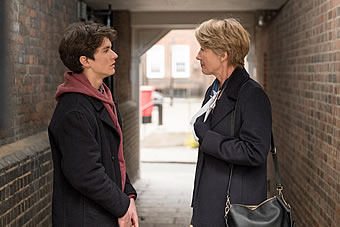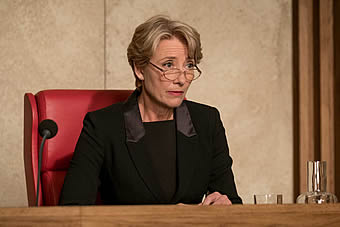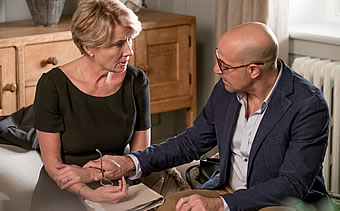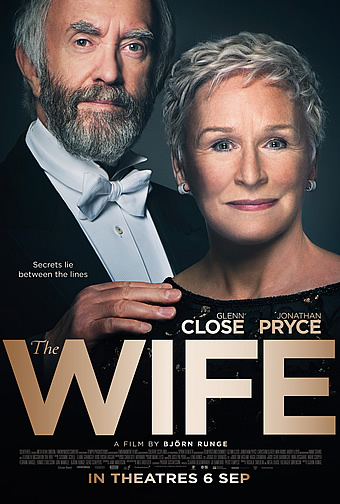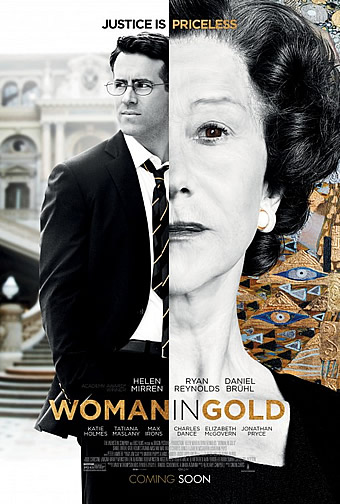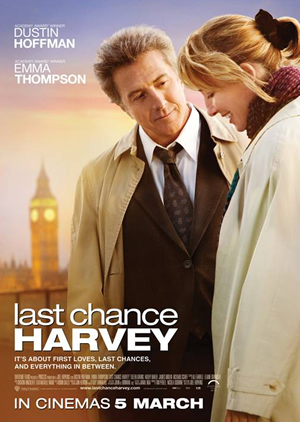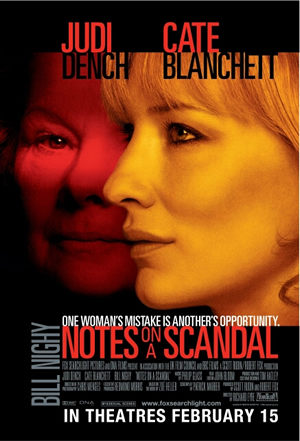THE CHILDREN ACT (2018)
Genre: Drama
Director: Richard Eyre
Cast: Emma Thompson, Stanley Tucci, Fionn Whitehead, Ben Chaplin, Rosie Cavaliero
Runtime: 1 hr 46 mins
Rating: PG13
Released By: Shaw Organisation
Official Website: https://www.thechildrenactfilm.com/home/
Opening Day: 20 September 2018
Synopsis: As her marriage to Jack (Academy Award nominee Stanley Tucci) flounders, eminent High Court judge Fiona Maye (Academy Award winner Emma Thompson) has a life-changing decision to make at work - should she force a teenage boy, Adam (Fionn Whitehead), to have the blood transfusion that will save his life? Her unorthodox visit to his hospital bedside has a profound impact on them both, stirring strong new emotions in the boy and long-buried feelings in her.
Movie Review:
Adapted by Ian McEwan from his own novel, ‘The Children Act’ is not an easy act to follow. McEwan’s moral drama tests the limits of the titular legislation by painting a case that a hospital has filed against the parents of a leukaemia-stricken 17-year-old teenager named Adam (Fionn Whitehead from Christopher Nolan’s ‘Dunkirk’), who are refusing the doctor’s advice that he be given blood transfusion even though it may very well cost him his life. Adam as well as his parents are Jehovah’s Witnesses, whose faith teaches them that God lives in the blood, so to accept the blood of another human being would be akin to tampering with God’s holy gift and therefore ethically wrong. But Adam is months away from his 18th birthday, and under British law has no legal control over the right to refuse life, as is prefaced by the words “the child’s welfare shall be the court’s paramount consideration”.
Rather than dispense a legalistic judgment, the presiding judge Fiona Maye (Emma Thompson) decides to break with protocol and visit Adam in the hospital herself. Within those brief moments, they bond meaningfully over Yates’ folk song “Down by the Salley Gardens”, and when she returns to the courtroom, Fiona rules that the transfusion be made. From preparing to die, Adam suddenly finds himself staring at an extension of life he wasn’t ready for; not just that, the very fact that someone else’s blood is now coursing through his veins also leads him to question his very religious beliefs – that and the fact that he’s come to the conclusion his parents were in fact crying tears of joy when he was pulled back from the brink of death, which leaves him to conclude that their faith was a fraud.
Not surprisingly, Fiona will be forced to confront the consequences of her judgment on Adam’s life. So moved by their hospital encounter, Adam becomes obsessed with Fiona – calling her number, leaving her messages, tailing her on her way to the Courts in the morning, and even following her all the way from London to Newcastle when she makes a working visit there. Adam craves so desperately for the intellectual and emotional connection he felt he had with Fiona when she had visited him, but Fiona is pretty much at a loss how to respond. It is no coincidence that her marriage with Jack (Stanley Tucci), a university professor, is simultaneously faltering, exacerbated by Jack’s decision to have an affair with a colleague after months of being neglected by his workaholic wife; although let us reassure you that this is not the sort of movie where the younger boy confronts the older man as you would expect in a soap opera.
In depicting the consequences of Fiona’s legal judgment, McEwan aims to bring to the fore the tension between what we would normally define as in the best interests of an individual in society and what he or she would believe is in his or her best interests. That tension is especially distinct in the 1989 piece of legislation that requires authorities in Britain to promote the welfare of minors first and foremost, which as we learn in the scenes preceding Adam’s case itself that Fiona has spent much of her time adjudicating. Those who have read McEwan’s novel will see how such similar tensions play out in another case involving a pair of conjoined twins and the decision to separate them only briefly mentioned here which also Fiona presides over – should the state demand an operation which would save one boy but end his brother’s life, or should that be left in the hands of their Catholic parents whose wish is to leave it in God’s hands?
As nuanced as McEwan’s writing may be, it is Richard Eyre’s crisp direction that makes the proceedings so compelling. Eyre isn’t so much caught up with the law and its arguments than he is with telling the story with profound empathy, emphasising both Fiona and Adam’s complex emotional struggles as they come to terms with the gravity of the life-changing decision that she had made on his behalf. Their song serves as a recurring motif here, and one of the most poignant scenes sees Fiona try her best to hold herself together through a Christmas musical performance before finally breaking down. Eyre also wrings an excellent performance from Thompson, who is utterly mesmerising as she brings her wit and humanity to portray a character forced to confront the imperfections beneath her veneer.
Like we said at the start, ‘The Children Act’ isn’t easy or straightforward entertainment; rather, it demands both intellect and attention from its viewer, who not only needs to ponder the issues underlying the actions of the characters but also be keenly attuned in order to fully appreciate the nuances. On his part, Eyre brings tremendous subtlety to the filmmaking, eschewing any sort of sensationalism or bias towards the conflicting perspectives at play here. But those willing to invest patience and mental capacity will find a richly rewarding study of the uneasy intersections between faith and law in the moral decisions we as individuals and as a larger society are confronted with, and certainly one of the finest British dramas we’ve seen in recent memory.
Movie Rating:




(Both intellectually thought-provoking and emotionally compelling, this moral drama about the limits of law and the consequences of losing faith boasts a virtuoso lead performance by Emma Thompson)
Review by Gabriel Chong
You might also like:
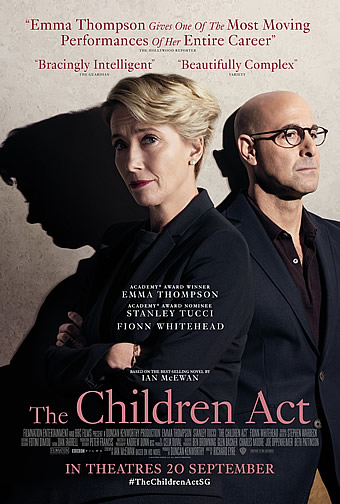
Movie Stills
